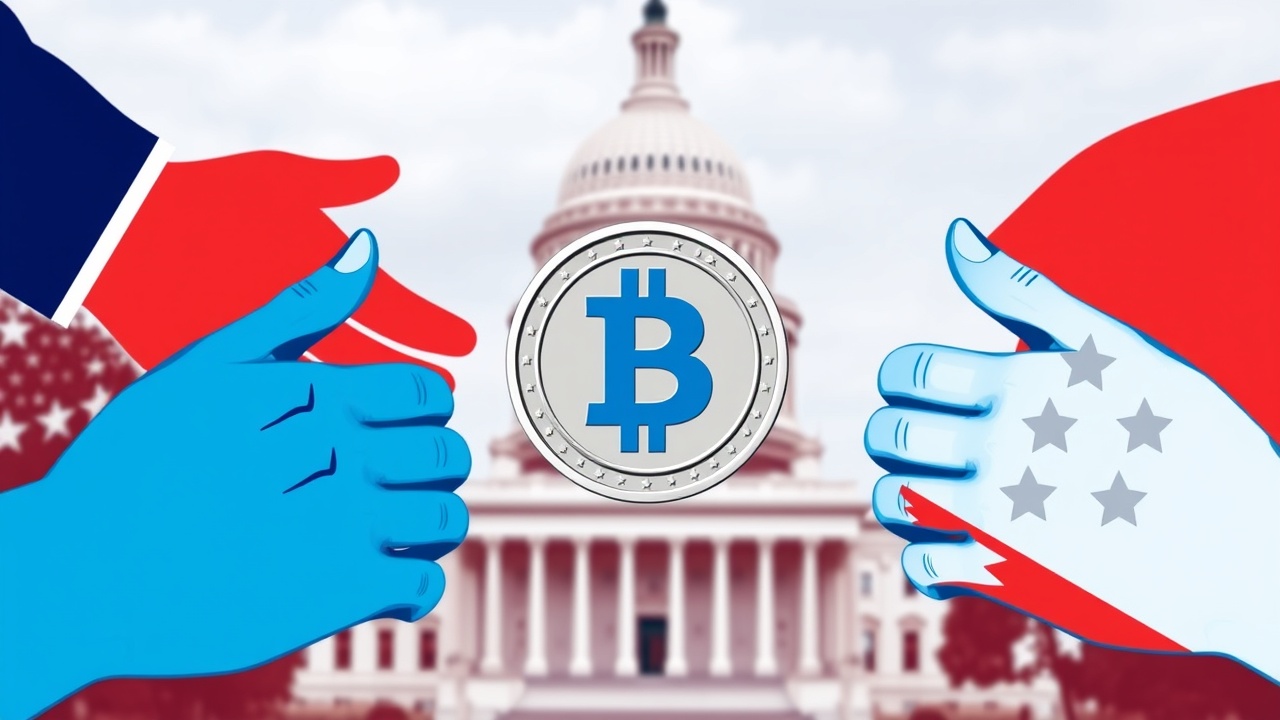Recent Developments in Cryptocurrency Regulation
Recent developments in Washington indicate a significant shift towards clearer regulations for cryptocurrency, driven by bipartisan efforts aimed at protecting consumers while fostering innovation in the U.S. digital asset landscape.
Brian Armstrong’s Advocacy
Brian Armstrong, the CEO of Coinbase, highlighted this growing momentum on social media platform X on September 18, following his recent trip to the nation’s capital. During this visit, he engaged in discussions focused on advancing legislation related to the market structure of cryptocurrencies, emphasizing the necessity of striking a balance between consumer protection and ongoing innovation in the sector.
“We see great progress for crypto in DC. It’s promising to witness both political parties coming together to establish clear guidelines that will facilitate our goals.”
His advocacy included a reminder of the importance of a well-defined regulatory framework to foster the growth of digital assets in the United States. Specifically, on September 17, he noted:
“I was in DC the last few days working to get market structure legislation passed for crypto. This is how we ensure the crypto industry can be built here in America, driving innovation, protecting consumers, and making sure we never have another Gary Gensler trying to take your rights. There is strong bipartisan support, but we need your help to get it done.”
Furthermore, Armstrong encouraged fellow industry players to connect with the advocacy group Stand With Crypto, emphasizing the importance of grassroots efforts in this regulatory battle.
Looking Ahead
Looking ahead, Armstrong remained hopeful about future legislative progress, asserting:
“After this week, we’ve never been more bullish about momentum for market structure. We won’t allow the banking sector’s ongoing attempts to undermine crypto, particularly through initiatives like the GENIUS Act, to derail our efforts.”
While some critics raise concerns regarding the risks associated with cryptocurrency volatility and potential consumer losses, proponents of legislative reform argue that comprehensive laws are essential for addressing these risks and ensuring the U.S. maintains a competitive edge in the rapidly evolving global digital asset economy.




